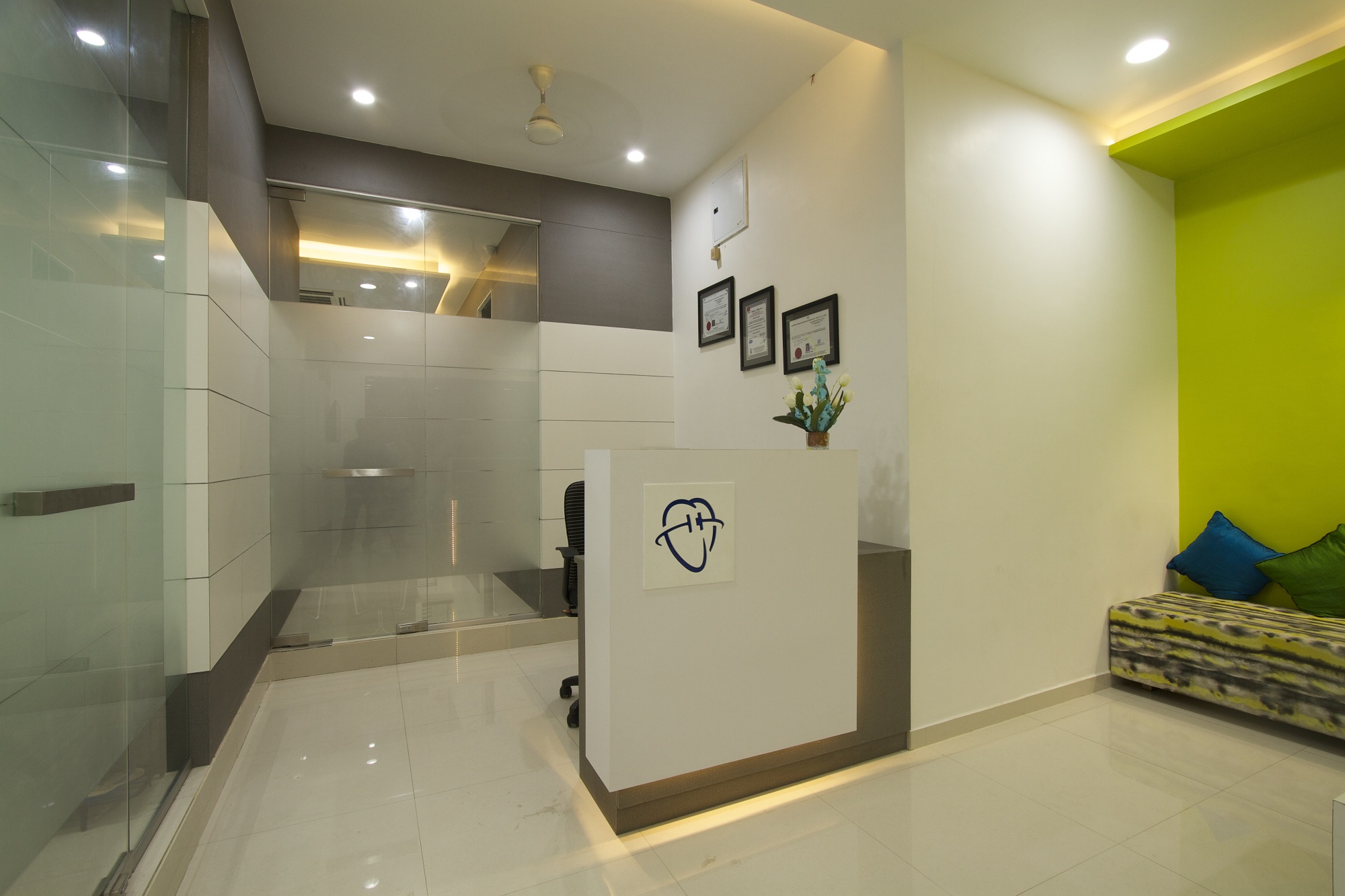

Expert Advice on Overcoming Dental Anxiety for a Positive Dental Visit
For many people, visiting the dentist can evoke feelings of fear or anxiety. Dental anxiety is a common issue that affects both children and adults, often causing individuals to avoid necessary dental visits. This avoidance, in turn, can lead to more severe dental problems over time. However, overcoming dental anxiety is entirely possible with the right approach, and it can transform your experience into a positive one.
In this blog post, our expert dentist in Kolhapur offers advice on managing dental anxiety so that you can receive the care you need without fear. Let's dive in!
Understanding Dental Anxiety
Dental anxiety comes out as nervousness, fear, or even a sense of dread when faced with the idea of visiting a dentist. This anxiety can be caused by various factors, such as a previous negative experience, fear of pain, or even the sounds and smells associated with a dental office. For some, it’s the fear of needles, while for others, it might be the thought of being in an awkward situation.
1. Communicate with Your Dentist
One of the most effective ways to overcome dental anxiety is by openly communicating your fears with your dentist. Before your appointment, let your dentist know that you experience anxiety. They can offer reassurances and suggest ways to make your visit more comfortable.
Some dental clinics may offer additional comforts, such as a calm and soothing environment, distractions like music or television during treatment, or even sedation options if necessary. Establishing a good connection with your dentist and their team can help ease your fears and allow you to feel more in control during your visit.
2. Practice Relaxation Techniques
Relaxation techniques are powerful tools for managing anxiety, and they can be especially helpful in the dental chair. Before your appointment, try practicing deep breathing exercises to calm your mind and body. Progressive muscle relaxation, where you tense and then relax different muscle groups, can also help you release tension and stress.
When you’re at the dentist’s office, focus on your breathing. Take slow, deep breaths to keep yourself grounded and prevent panic. By concentrating on your breath, you can distract yourself from any anxiety-provoking thoughts.
3. Consider Bringing a Comfort Item
Many people find comfort in bringing a personal item with them to their dental appointments. This could be something like a stress ball, a favorite blanket, or even noise-canceling headphones to listen to calming music or a podcast during the procedure. Having something familiar and comforting can provide a sense of security and help reduce feelings of anxiety.
Dentists are typically understanding when patients bring comfort items. They recognize that these items can help create a more positive and relaxed experience.
4. Try Sedation Dentistry
If your dental anxiety is severe, sedation dentistry may be a helpful option. Sedation dentistry involves using medication to help patients relax during dental procedures. There are different levels of sedation, ranging from minimal sedation, where you’re awake but relaxed, to general anesthesia, where you’re fully unconscious.
Sedation dentistry is especially useful for longer procedures or patients with extreme dental phobia, helping them get the care they need without overwhelming fear.
5. Plan Your Appointment Wisely
When scheduling your dental appointment, consider choosing a time of day when you’re typically the most relaxed. For many people, morning appointments are less anxiety-inducing because they haven’t had time to dwell on the upcoming visit throughout the day. Early appointments can also help you avoid the added stress of running late or feeling rushed.
Also, avoid scheduling your appointment during a busy or stressful time. If possible, take some time off work or other responsibilities so that you can focus on your mental well-being before and after the visit.
6. Reward Yourself for Facing Your Fears
Facing dental anxiety takes courage, and it’s important to recognize and reward yourself for taking that step. After your dental appointment, plan something enjoyable to look forward to—whether it’s a meal at your favorite restaurant, a relaxing walk in the park, or treating yourself to a small indulgence.
Rewarding yourself after a successful visit helps encourage the idea that facing your dental fears leads to positive outcomes. Over time, this positive encouragement can help reduce anxiety and make future visits easier to manage.
7. Focus on the Benefits of Dental Care
Another way to combat dental anxiety is to remind yourself of the long-term benefits of regular dental visits. Receiving dental care is essential for maintaining a healthy smile, preventing serious issues like gum disease and cavities, and addressing problems early before they escalate. Regular visits to your dentist ensure that your teeth and gums remain in good health, preventing pain and discomfort down the line.
By focusing on the positive outcomes of dental care, you can shift your mindset from fear to the realization that these appointments are essential for your overall well-being.
In summary, dental anxiety is a common issue, but it doesn’t have to stand in the way of receiving the care you need. By communicating openly with your dentist, practicing relaxation techniques, and finding ways to make your visit more comfortable, you can overcome your fear and have a positive dental experience.
Schedule a consultation at Infinite Smiles, where our trusted dentist in Kolhapur will transform your regular dental visits from stressful events into positive, manageable experiences.

